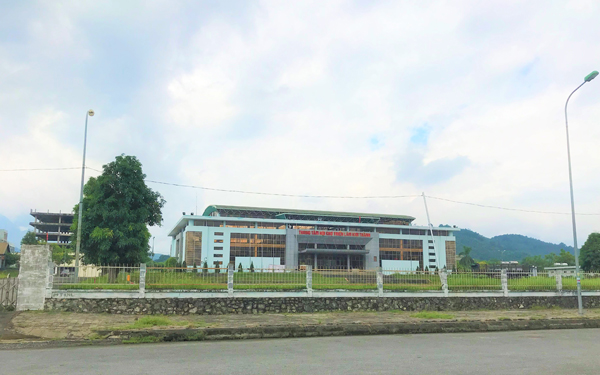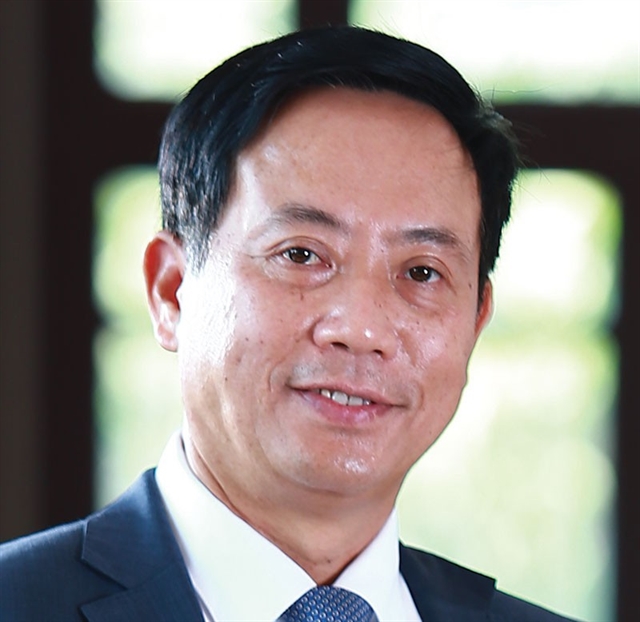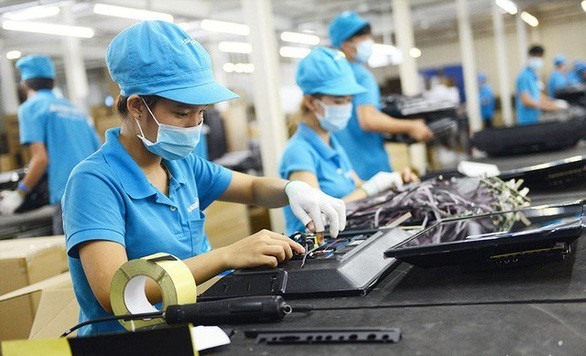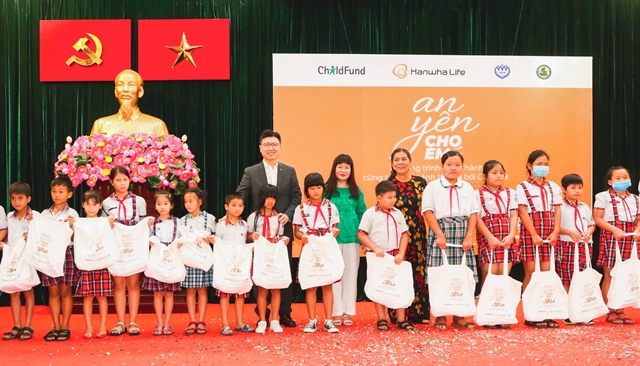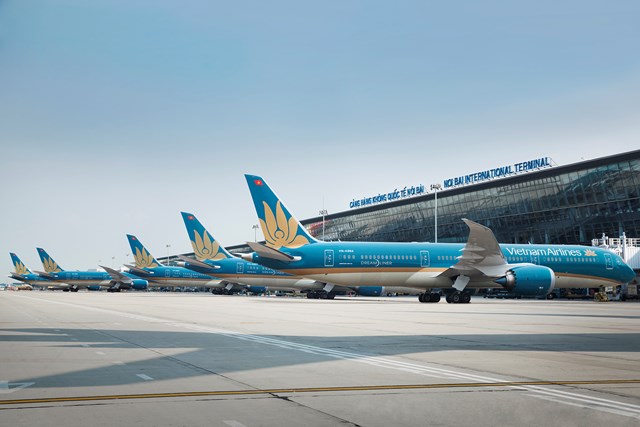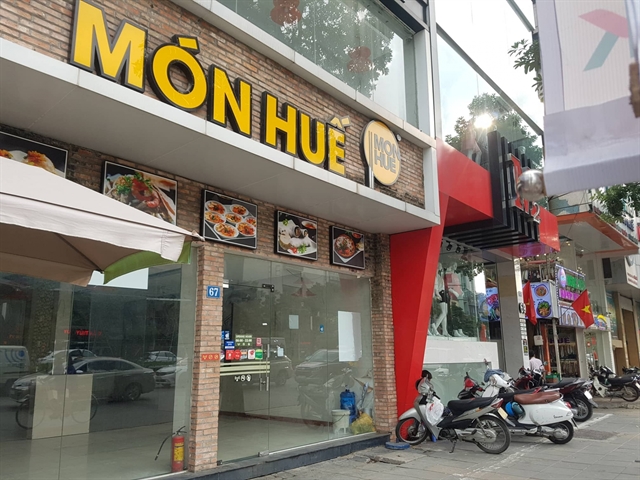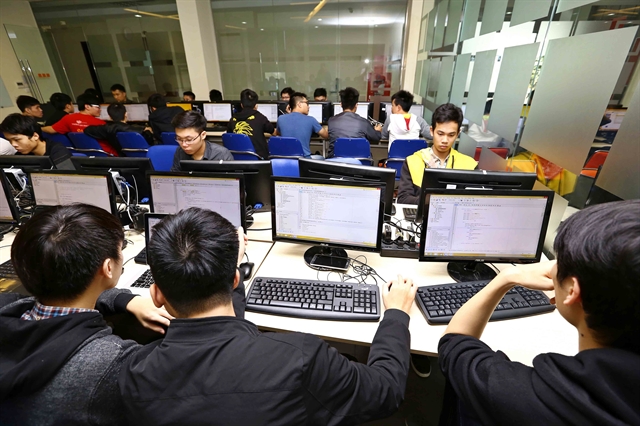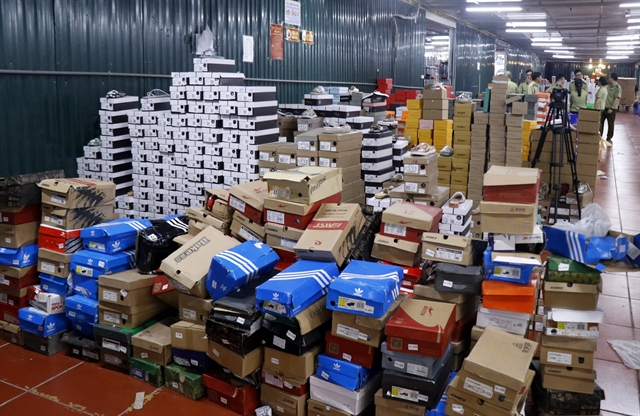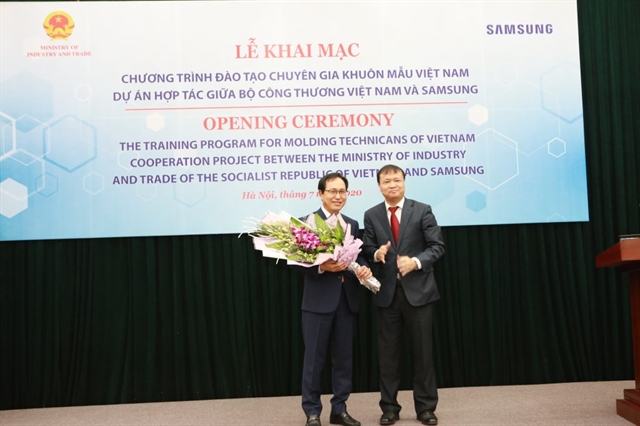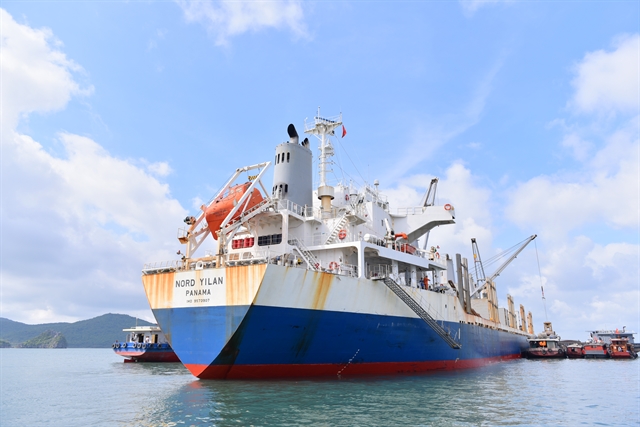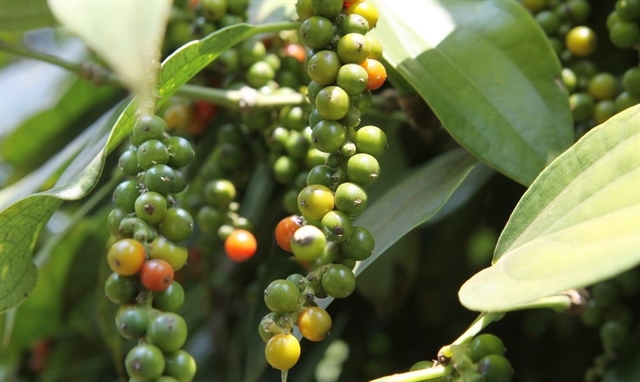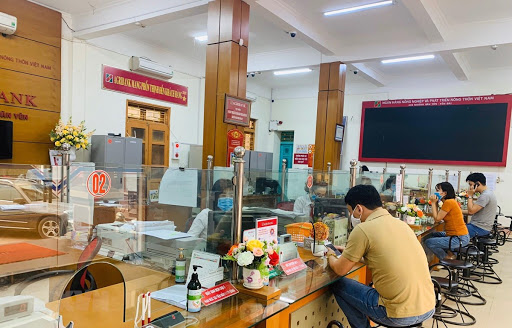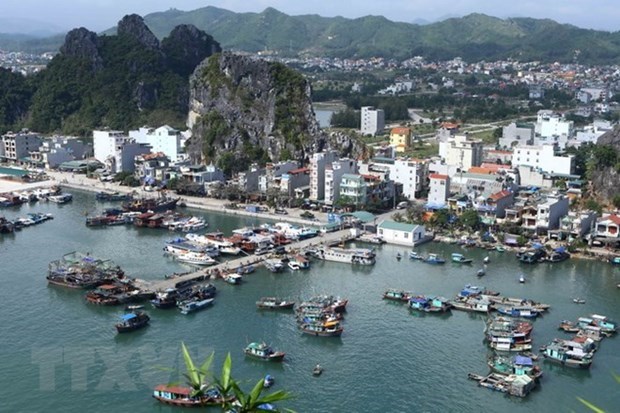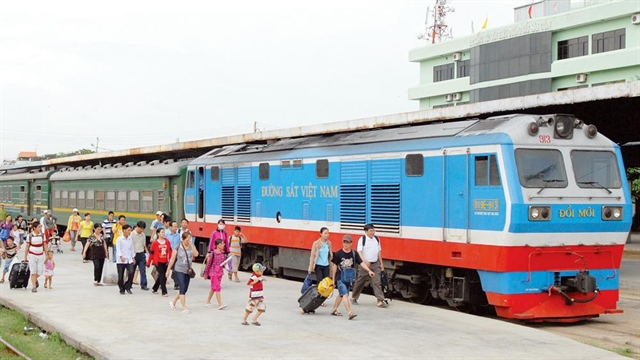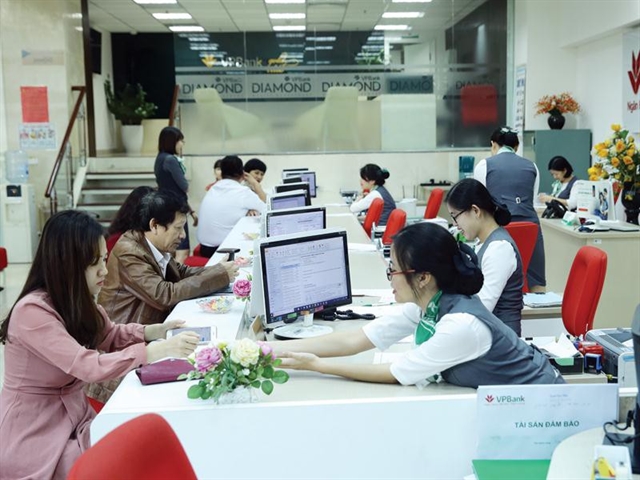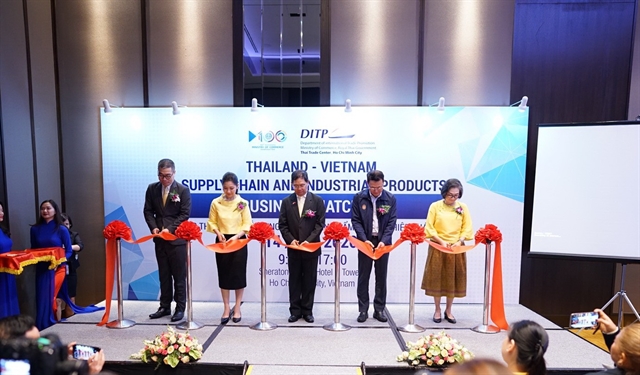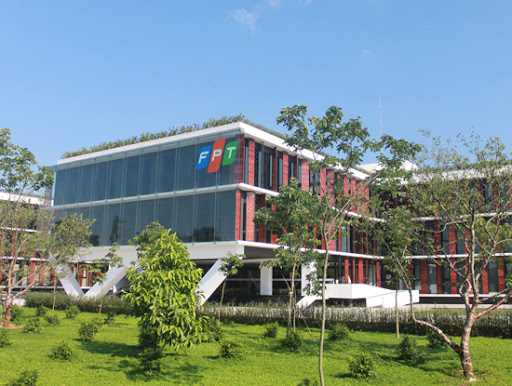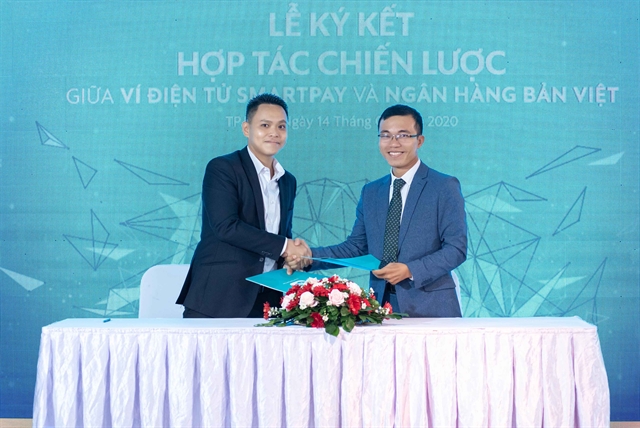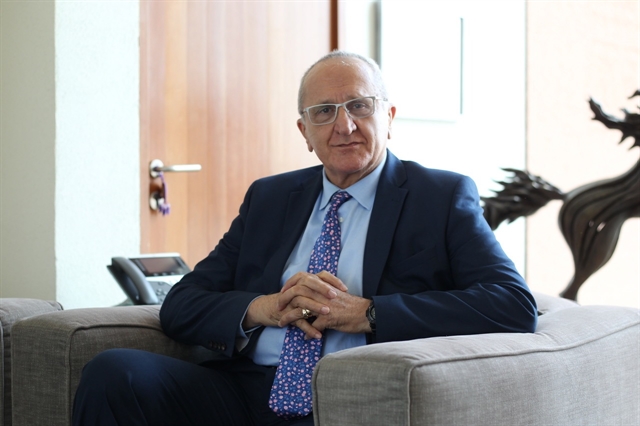
By Amb. Sara Valdes Bolaño*
In forty-five years of diplomatic relations, economic ties between Mexico and Việt Nam have grown significantly. During this time, both countries have come to share a commitment to trade and investment liberalisation as an engine for economic development that contributes to improve the livelihoods of their citizens.
Our two nations have developed highly diversified economies, with a complex and powerful export sector; indeed, trade as a percentage of the Gross Domestic Product (GDP) has constantly increased in the last three decades. Likewise, the number of free trade agreements implemented by each has multiplied exponentially: put together they amount to more than thirty bilateral and regional agreements.
As a leading trading country, Mexico is a founding member of the World Trade Organization (WTO), an essential institution for global economic governance. It firmly supported Việt Nam’s membership to the organisation in 2007. With its predecessor, the GATT, it has been central for the world’s trade and economic development over the past seven decades. As a cornerstone of the multilateral trading system, its proper functioning is key to give certainty in the context of increasing adversity.
The organisation is currently facing three major challenges: to reaffirm its relevance given the limited progress made in negotiations and the paralysis that has come to affect some of its bodies and mechanism; to promote traditional issues of trade negotiation and, at the same time, focus on the 21st-century economy issues; and to encourage its members to limit barriers that restrict the flow of goods to assuage the economic impact of the COVID-19 pandemic and contribute to the recovery of global economy.
A revitalised, strong, inclusive, and functional WTO is needed to meet the challenges brought by the pandemic and to help in the economic recovery for all. This will only come from the collective will of its members, supported by a constructive leadership with proven experience in major global negotiations. In this context Mexico nominated on June 8th Mr. Jesus Seade, current vice minister for North America at the Mexican Ministry of Foreign Affairs, to the post of Director-General of the WTO.
Mr. Jesus Seade played a key part in the complicated negotiations that gave birth to the WTO. He gained a deep understanding of the organisation from its original design, as a negotiator, facilitator of effective solutions, and founding Deputy Director-General. His knowledge of several nations’ needs and challenges is strengthened by his experience as a high-level official of both the World Bank and the International Monetary Fund. Most recently, he served as Chief Negotiator for Mexico of the United States-Mexico-Canada Agreement (USMCA).
Mr. Seade’s career in multilateral organisations is complemented by his extensive academic career. For instance, he has had different roles across universities in China, the United States, the United Kingdom, France, Brazil and Mexico. Moreover, he has wide-ranging experience in addressing financial and commercial issues in Africa, the Middle East and Latin America. His professional career has given him a deep understanding of the international trading system’s main challenges.
The Mexican government considers Mr. Jesus Seade is the ideal candidate for such a responsibility given his extensive experience as a trade negotiator and facilitator at the highest level, comprehensive career and academic background, as well as his deep understanding and strong ties with regions worldwide. He has the technical expertise, strong political leadership, and creative thinking to find solutions, essential attributes of the WTO´s Director General position.
As Mexico, Việt Nam is confronting the negative effects of the pandemic. In both countries, international trade and foreign investment will play an important role in the recovery of the economy. However, the magnitude of the crisis could certainly intensify protectionist and unilateralist tendencies in both developed and developing countries that would hinder the free and legitimate flow of goods, services and capital.
Mexico nominated Mr. Jesus Seade to lead and strengthen the WTO, as the country reaffirms its commitment with the protection and promotion of multilateralism and international cooperation, an endeavour in which we look forward to work together with Việt Nam.
Our countries are leaders in regional economic integration: in North America, Mexico successfully negotiated the modernisation of the longstanding NAFTA and the new USMCA agreement entered into force on July 1st, 2020. In Southeast Asia, Việt Nam has become a key player in the ASEAN Free Trade Area and the bloc´s Economic Community (AEC) set in 2015, promoting deeper integration and boosting intra-regional trade as Chair of ASEAN for 2020. Both have also been active members of APEC – so successfully hosted by Việt Nam in 2017.
Furthermore, the governments of both countries showed extraordinary leadership in pushing ahead for the completion of the Comprehensive and Progressive Agreement for Trans-Pacific Partnership (CPTPP) in which Mexico and Việt Nam are partners since 2019. This agreement is expected to boost bilateral trade, as well as create opportunities for investors from the two countries.
According to the Mexican government’s data, trade between Mexico and Việt Nam reached US$6,275 billion in 2019, while investment is still incipient. Exchanges include various sectors and items such as electronic components and goods, machinery, light vehicles and auto-parts, textiles/apparel, footwear, agriculture and fishery, steel and other metal products. — VNS
*Amb. Sara Valdes Bolaño is Ambassador of Mexico to Việt Nam
